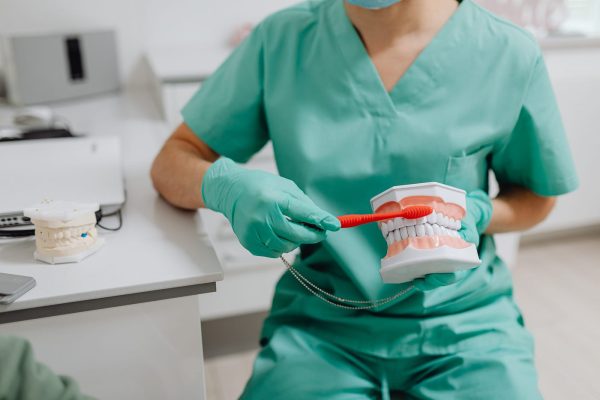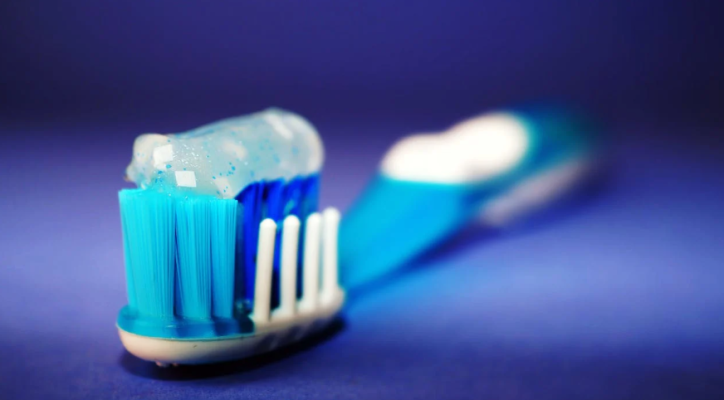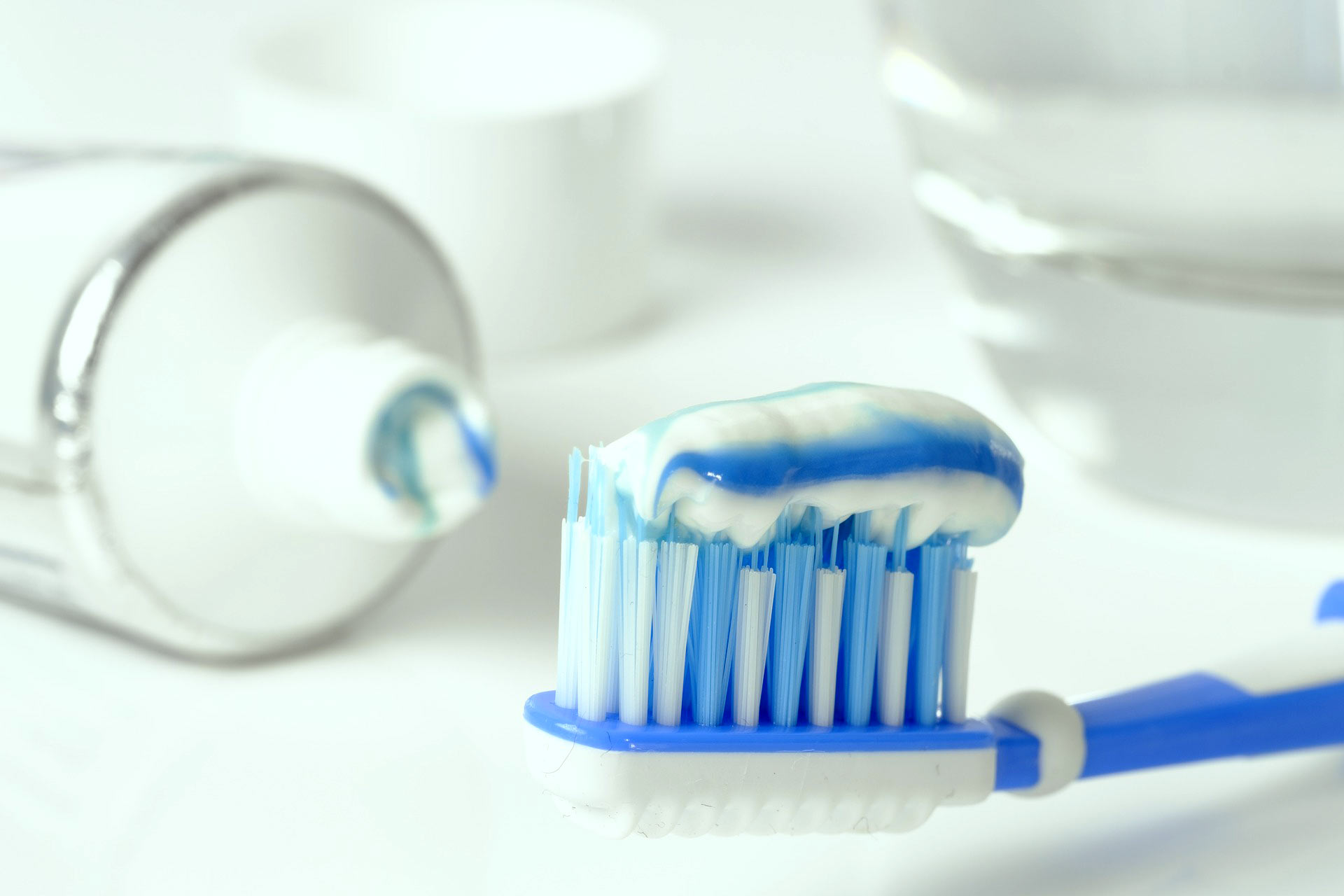Toothbrushing Frequency and Cardiovascular Disease Risk
A recent study published in Scientific Reports examined the relationship between toothbrushing frequency and the risk of cardiovascular diseases (CVDs) in individuals aged 20 years and older.
The study aimed to shed light on the impact of toothbrushing habits on systemic diseases, including CVDs.
Previous research has highlighted the importance of oral care in patients with various medical conditions. However, the specific link between toothbrushing habits and CVDs had not thoroughly explored.
Study Details

The study focused on 1,675 participants who were hospitalized at Osaka University Hospital in Japan between April 2013 and March 2016. The participants included those seeking dental treatment, perioperative oral care, and infection screening.
They were divided into four groups based on their toothbrushing frequency habits: Group MN brushed their teeth twice daily (morning and night), Group Night brushed their teeth only at night, Group M brushed their teeth only in the morning, and Group None did not brush their teeth at all.
The researchers examined various factors such as age, gender, smoking history, and follow-up results. Dental and medical records reviewed, and oral health parameters assessed.
The occurrence of cardiovascular events, including heart failure, arrhythmia, myocardial infarction, and valvular and aortic diseases requiring surgery, was considered.
You may also like: Does Coffee Stain Your Teeth?
Toothbrushing Frequency and The Risk of CVDs Study Findings

Participants in Groups MN and Night had higher survival rates compared to those in Group None. The levels of inflammatory markers such as C-reactive protein (CRP) and brain natriuretic peptide (BNP) varied among the groups.
Dental parameters also differed, with participants in Group MN showing more severe dental issues.
The study revealed that many individuals did not brush their teeth at night, often due to fatigue or lifestyle factors.
Neglecting nighttime toothbrushing can result in increased bacterial load in the mouth, which may contribute to oral health issues and potentially impact cardiovascular health.
The findings emphasize the importance of both morning and nighttime toothbrushing frequency in maintaining good oral hygiene and potentially reducing the risk of CVDs.
Brushing before breakfast is necessary, but brushing before bed is particularly crucial in preventing CVDs. By incorporating proper toothbrushing habits, individuals can take a proactive step in supporting their oral and cardiovascular health.





